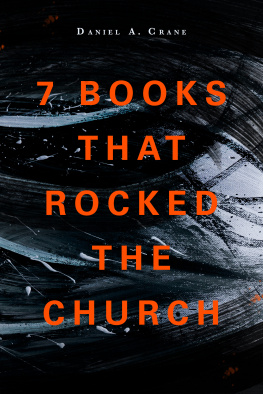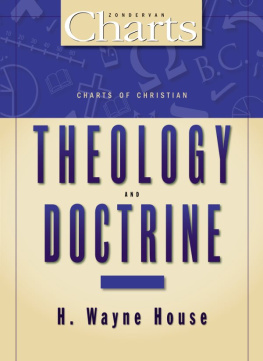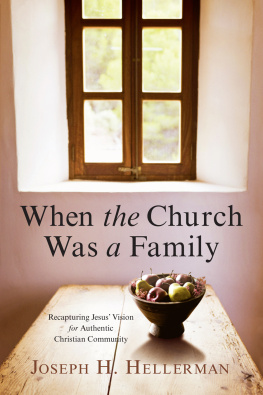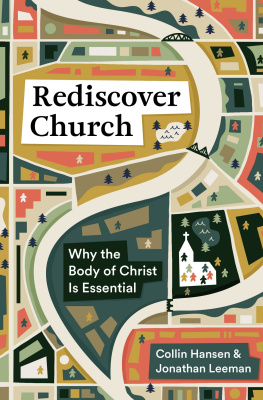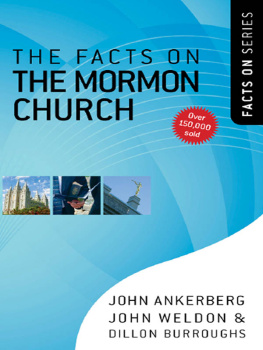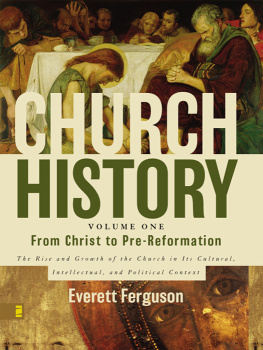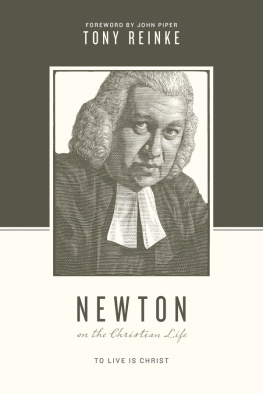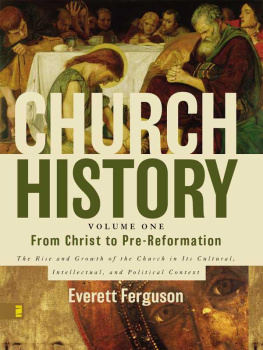This book owes much to the support, encouragement, and thoughtful insights of brothers and sisters at Knox Presbyterian Church in Ann Arbor, Michigan, including Pastor Bob Lynn, James Paternoster, and many active participants in a Christian education class on Books That Rocked the Church. I also received valuable comments and encouragement from Donald Crane, Beatrice Crane, Eric Crane, and Saara Kanervikkoaho-Crane.
Introduction
The church has long had an ambivalent relationship with books. On the one hand, the Christian faith is grounded in a bookThe Bookso believers respect the written word. Christian authors writing on Christian themes have produced some of the outstanding works of the Western canon, from Saint Augustines Confessions, to John Miltons Paradise Lost, to John Bunyans Pilgrims Progress, to Blaise Pascals Penses, to pretty much anything by C. S. Lewis.
On the other hand, the church has had a less than cordial relationship with books it found objectionable. One has to look no further than the nineteenth chapter of the book of Acts to witness the emergence of Christian conflict with suspect writings. The apostle Paul had been preaching and performing miracles in the city of Ephesus in Asia Minor (present-day Turkey). Some Jews tried to mimic Pauls exorcisms of evil spirits, and they ended up beaten and naked. The fear of God fell on the Jews and Greeks of the city, leading to a mass burning of sorcery scrolls valued at 50,000 drachmae or about $100,000 today.
This was far from the last time the church would sponsor a book burning. Over its two-thousand-year history, the church has repeatedly had run-ins with dissenting booksworks of theology, science, philosophy, political theory, psychology, literature, and social criticism. In some cases, Christians have responded with patient, thoughtful refutation. But, alas, a measured response has not been the norm. More typically, the church has deployed a variety of coercive tactics to suppress the offending work. These tactics have included ad hominem attacks on the author, censorship, destruction, criminalization, threats, condemnation to hell, and overt warfare.
Perhaps most counterproductively, Christians have often asserted absolute irreconcilability between the challenged work and the Christian faith: If his argument is right, then our faith is wrong. Such assertions can create severe difficulties for the church if the books argument turns out to be demonstrably correct (as with Galileos theory of heliocentricism), or eventually believed by a majority of Christians (as with aspects of Darwins theory of evolution). Even where the church has not been embarrassed by later developments in human understanding, its response to challenging books has often cost it credibility with people who might otherwise have been open to the Christian message. In short, the churchs response to books it feared has often created unnecessary obstacles to the churchs mission in the world.
Seven Books
This book concerns seven seminal books that rocked the Christian church. These works range in date from the second century after Christ to the twentieth century. The authors hailed from various parts of the Western world, from Europe, the Middle East, North Africa, and North America. Their subjects spanned a wide range of topics including the meaning of Christs life and death, the earths revolution around the sun, ecclesiastical hypocrisy, evolution through natural selection, social class and economic oppression, the patterns of the human brain, and the commonality of myths. The authors wrote in different styles and for different audiences. Although they surely would not all have agreed with one another, they had this in common: Their works profoundly upset the church by calling into question foundational Christian doctrines or beliefs. Whether because the author meant to do so or because the church found something threatening in the message, each book provoked a sharp response from the church. Most of the books were banned at some time by Christian authorities, and those that could not be banned were subjected to vitriolic condemnation.
These seven books did not offend the church through lewdness or moral depravity. Their offense lay not in their appeal to the libido but to the mind. They did not make libelous charges against Christian icons that required factual correction; they challenged the church by advocating alternative ways to think and consequently to live. In other words, they provided a rival intellectual narrative to the biblical story and hence rocked the structure of Christian belief. These were the most dangerous kind of books, and therefore ones that needed the most compelling response. Unfortunately, the churchs response was often agitated rather than strong, reactionary rather than considered.
My aim in this book is to ask, as to each of these seven controversial books, what the big fuss was all about. Who was the author, where did his ideas originate, what did he actually claim, why was the church so upset, and how did it respond? Each chapter begins with a short vignette relating the books ideas to a concrete event in the world and concludes with some thoughts on the continuing relevance of the books themes to issues concerning the church today. Although many of the immediate disputes have long since passedno one is still upset about claims that the earth revolves around the sunthe conflict between each of the seven books and the church continues to cast shadows on beliefs within the church and beliefs about the church within the world.
These seven books will surely not be the last to draw Christian ire. This book argues that since the church has tended to respond poorly to such disfavored literature, then it is incumbent on Christians to learn from their past errors and ponder a more constructive path of engagement with offensive books in the future. As historian George Santayana famously said, those who cannot remember the past are condemned to repeat it.
Books and Ideas
This is a book about books, but it is also a book about ideas. Each of the works studied in this volume also stands for some abstract philosophy, most of which can be identified by an ism. In the pages ahead we will encounter Gnosticism, empiricism, Enlightenment rationalism, evolutionism, communism, psychoanalysis, and postmodernism. The particular books examined will, in almost every case, stand in for a wider set of writings, assertions, practices, and attitudes with which the church has had to contend.

